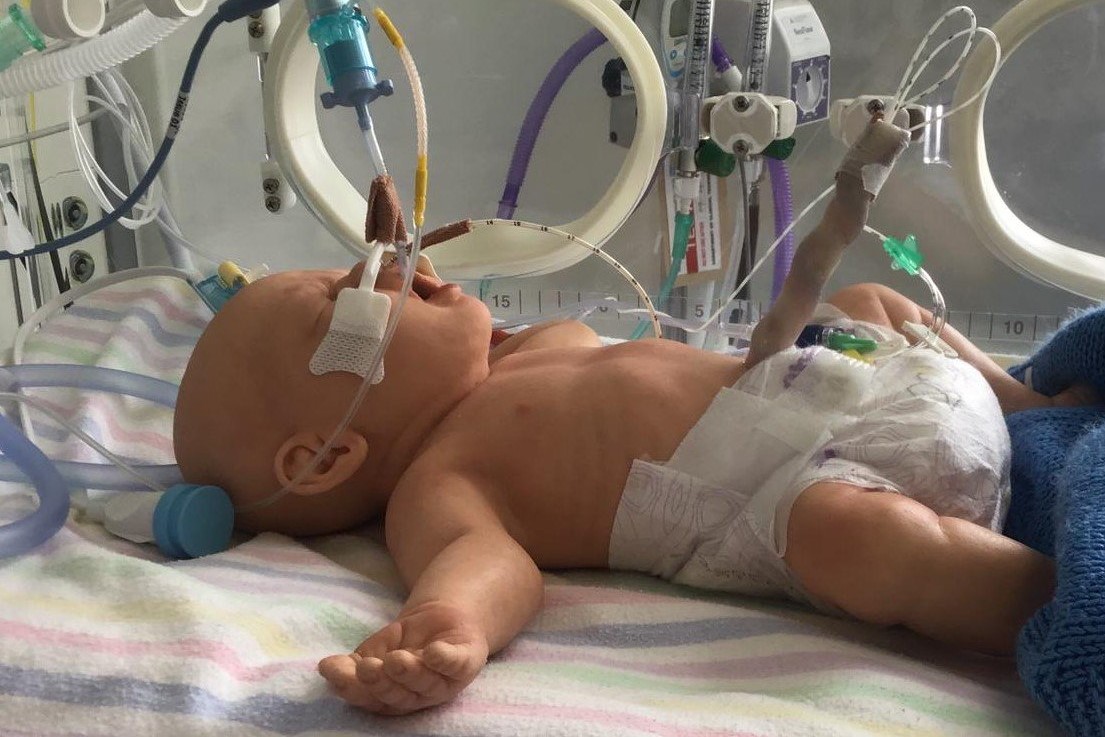
New England Journal of Medicine: Successful intubations with high-flow nasal therapy in newborns
For infants undergoing endotracheal intubation, high-flow nasal therapy improves the likelihood of a successful intubation on the first attempt, according to a study published in the 28 April issue of the New England Journal of Medicine
Kate A. Hodgson, M.B., B.S., of the Royal Women’s Hospital in Melbourne, Australia, and colleagues conducted a randomised controlled trial to compare high-flow nasal therapy with standard therapy among infants undergoing oral endotracheal intubation.
CHILD HEALTH: LEARN MORE ABOUT MEDICHILD BY VISITING THE STAND AT EMERGENCY EXPO
The primary outcome with nasal therapy was successful intubation on the first attempt, with no physiological instability in the infant
The outcomes of 251 intubations in 202 infants were included in the primary intention-to-treat analysis: 124 and 127 intubations were assigned to the high-flow and standard therapy groups, respectively.
Researchers found that at the time of intubation, infants had a median post-menstrual age of 27.9 weeks and a median weight of 920 g.
Overall, 50.0% and 31.5% of the high-flow and standard therapy groups, respectively, achieved successful intubation on the first attempt without physiological instability (adjusted risk difference: 17.6%; number needed to treat six for the benefit of one infant).
Successful intubation on the first attempt, regardless of physiological instability, was achieved in 68.5% and 54.3% of intubations in the high-flow and standard therapy groups, respectively.
“The use of high-flow therapy during oral endotracheal intubation resulted in a higher probability of successful first-attempt intubation without physiological instability in the infant,” the authors write.
Abstract/Full text (subscription or payment may be required)
Read Also:
Emergency Live Even More…Live: Download The New Free App Of Your Newspaper For IOS And Android
UK / Emergency Room, Paediatric Intubation: The Procedure With A Child In Serious Condition
Endotracheal Intubation In Paediatric Patients: Devices For The Supraglottic Airways
Sedation And Analgesia: Drugs To Facilitate Intubation
Anxiolytics And Sedatives: Role, Function And Management With Intubation And Mechanical Ventilation


